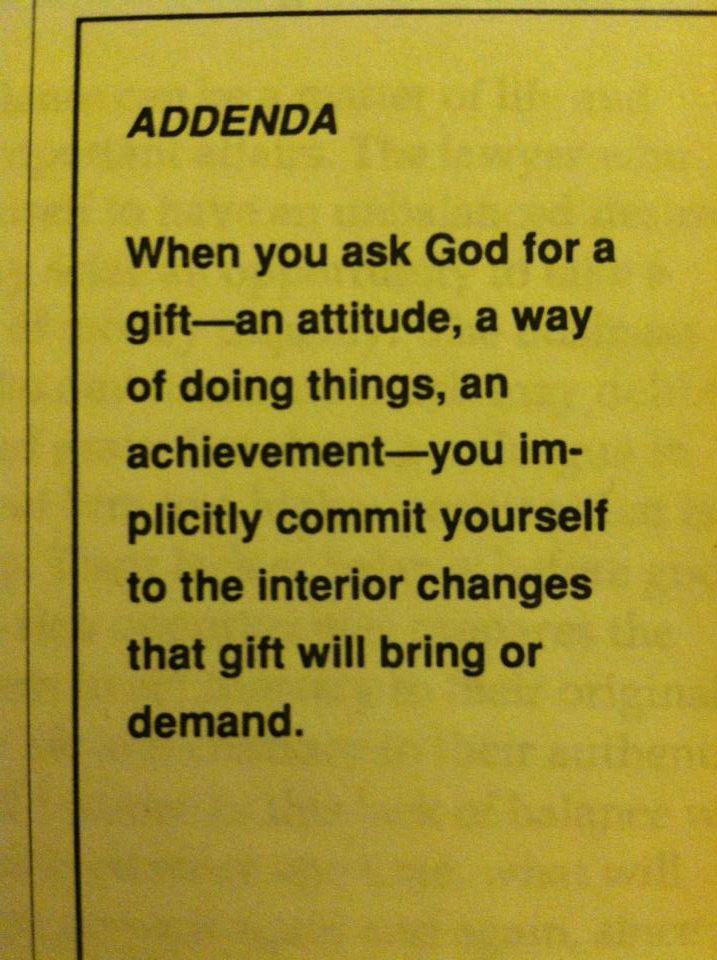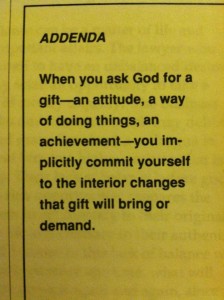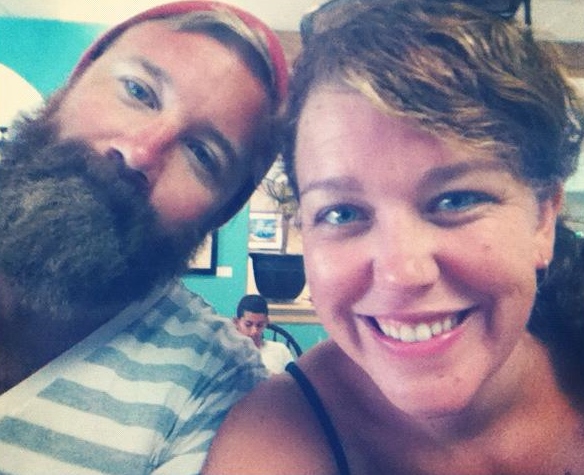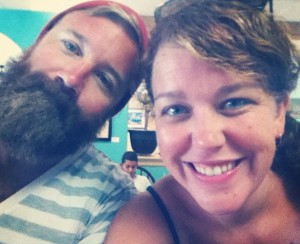The Q: “Have you been profiled, discriminated against or otherwise treated with intolerance over your beliefs at work or school? How do you handle it?” -Trish
The A: The short answer is sort of yes, sort of no. I’m not sure my experiences have been discrimination or intolerance as much as they have been challenging. But how have I handled them? Discussion, and sometimes defense. Standing up for the truth about what I believe without the expectation that the people I meet will believe it. Here’s the long answer:
A set of beliefs prone to pokes and prods from the people who don’t share them is what I believe about love, chastity, and sex. Virginity in a culture that values sexual experience is treated as an anomaly. For the most part, readers of what I’ve written about it respond with respect (including the rock jocks who discussed me on a local FM station’s morning show!). But there are readers – especially when I worked for the newspaper – who write me notes or leave me voicemails solely to say how much they don’t like what I write. Others – out of anger or out of compassion – list reasons “chastity won’t work” or express pity for my having chosen it.
And then there’s my belief system in general: Catholicism. I didn’t know what Protestants were the day my fifth grade teacher told my class it’s easier for them to get to heaven than it is for Catholics. That year – my first at the private, Protestant school where I stayed through my high school graduation – started my eight-year, accidental education in apologetics and tolerance.
I’ve written before about my experiences there (primarily here and here), but here’s how I’d sum it up: The faculty and staff at the school generally treated my family and me with respect. But what several members of the faculty and staff did not treat with respect was my Catholicism. By excluding the word “creed” in its equal opportunity statements in its handbook, the school reserved the right to discriminate on the basis of religious beliefs. In distributing Jack Chick tracts and using a history curriculum that said Catholics worship Mary and saints, the school ultimately exercised that right. But in banning both when my family spoke up, the school exhibited respect.
Defense of faith on the fly is a lot to expect of a kid. Discussion of beliefs is hard at any age. But it also how change happens, both in and outside you. I had to stop caring what other people think. Accepting that not everybody believes what I do has been important for handling it when somebody actually doesn’t. Admitting that it is unreasonable to expect all the people I encounter to be nice to me has helped, too. Another great help has been the Dialogue Decalogue, a set of rules to follow when talking with people who don’t believe what you do.
How do you handle mistreatment as a result of what you believe?
– – – –
Q&A is an occasional feature. If you have a Q, I can come up with an A (and if I don’t have an A, I’ll find somebody who does). To submit a question, click here. No topic is taboo (although I can’t promise I will answer every question).
Click here to read all the posts in this series.





